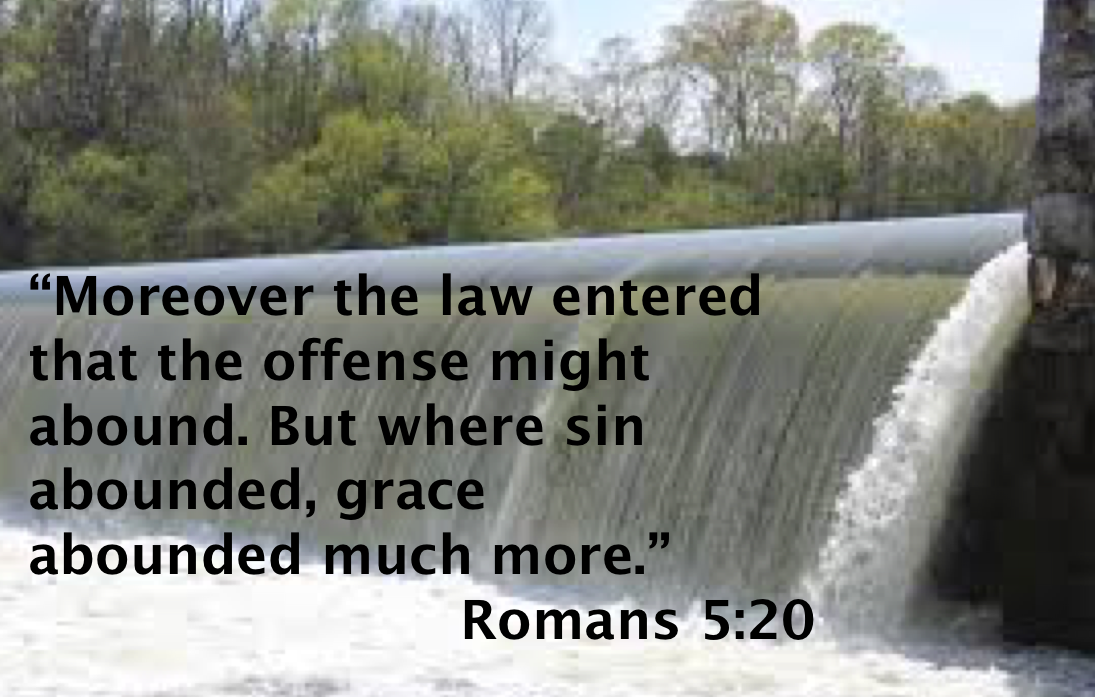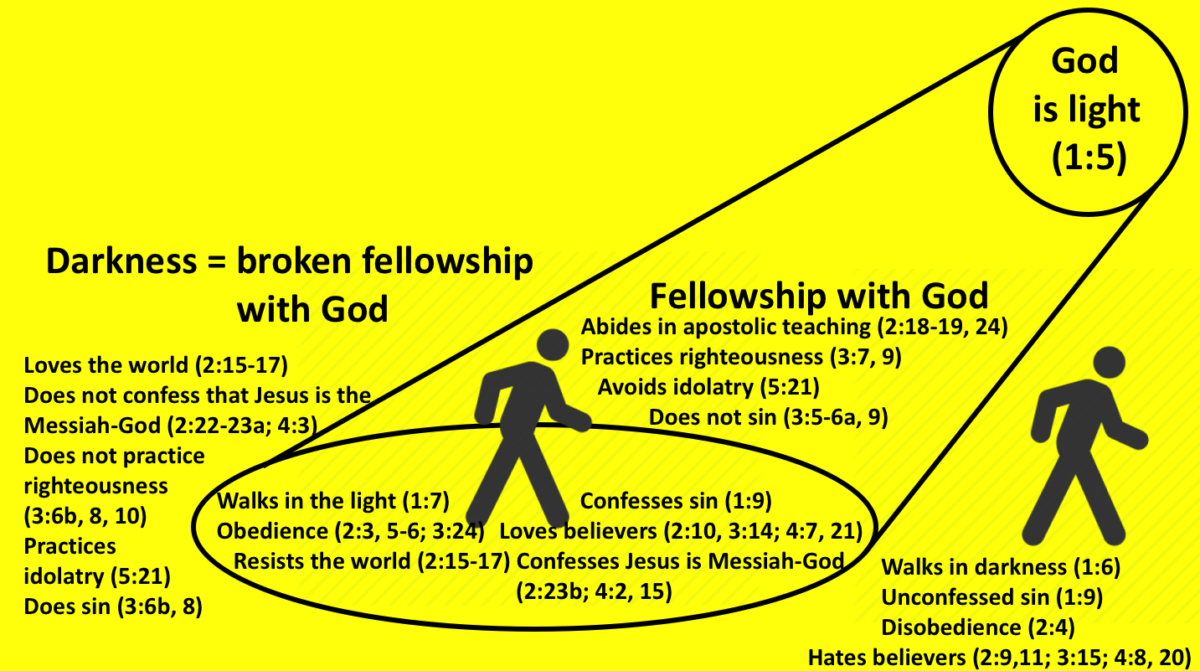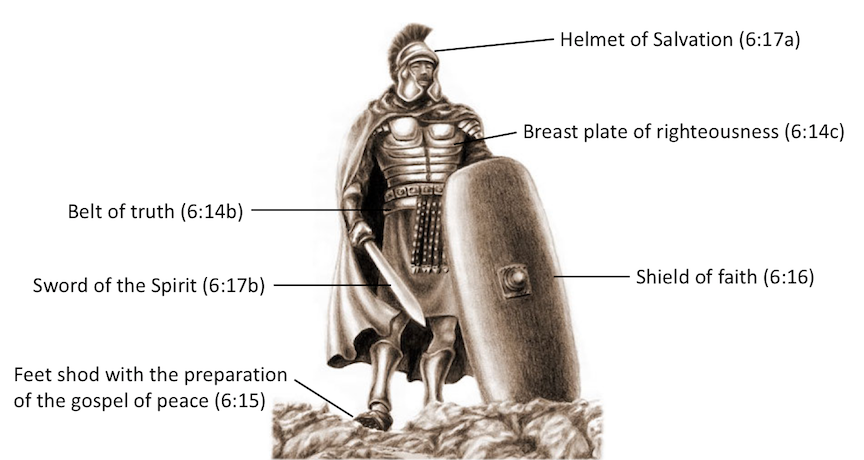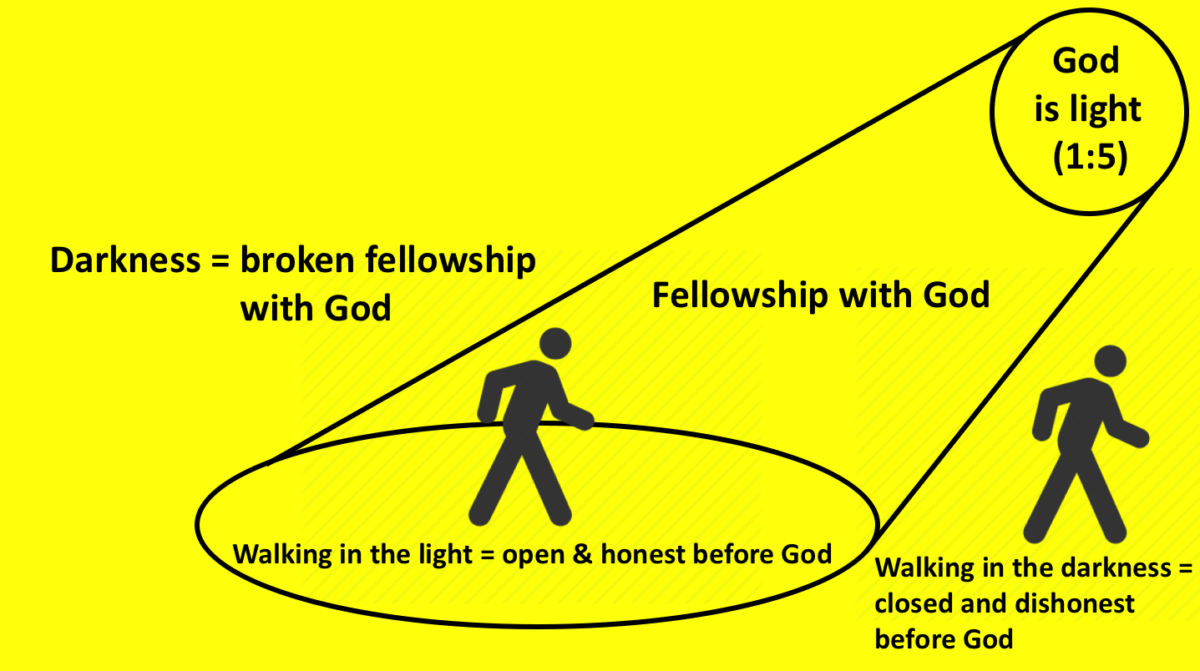“The Lord your God in your midst, the Mighty One, will save; He will rejoice over you with gladness, He will quiet you with His love, He will rejoice over you with singing.” Zephaniah 3:17
Many Christians struggle with shame. At the core of their being, they believe they are unacceptable or worthless before God. They may know the doctrine of God’s unconditional love, but they do not believe it or experience it in the deepest part of their being. Deep down they think they have to earn His love or that God would never love them as they are. Shame-based lies keep them from opening up to God and others. Lies that say, “Nobody would love me as I am.” “I am basically a bad and worthless person.” “I cannot get my needs met by depending on others.” Satan uses shame to condemn us and isolate us from God and one another.
Our verse in Zephaniah (3:17) reminds us that God wants us to sit in His presence so He can delight in us. After revealing God’s coming judgment upon the world (Zeph. 1:2-3:8), the prophet, Zephaniah, discloses God’s blessings to come upon His people (Zeph. 3:9-20) to motivate them to live for the Lord during a time of spiritual decline in their nation.
After defeating all His enemies (3:15), King Jesus will be in Israel’s “midst” like a “Mighty” Warrior to “save” them from harm (3:17a). Like a Bridegroom, King Jesus “will rejoice over” His people, Israel, “with gladness” and “He will quiet” them in the security of “His love” for them as His bride (3:17b). King Jesus “will rejoice over” His bride “with singing.”
God wants to celebrate who we are! “He will rejoice over you with singing,” not condemn us or shame us. He wants to quiet us with His love.
The night before His death, Jesus shared a meal with His disciples (John 13:1-8). After the meal, Christ stood up from the table and displayed His incredible love. Like a common house slave, He wrapped a towel around His waste, poured water in a basin, and began to wash His disciples dirty and road-worn feet. Among those feet were Judas’s and Peter’s. One man would betray Him and the other would deny Him before the night was over. Still, Jesus knelt down before them.
Today, God’s love kneels down before us, wherever we are. And as He does, He urges us to bare ourselves before Him. Why? Because in seeing our naked selves – wicked, wounded, and weak – in the light of His love, we begin to understand Who He truly is. He is a good and merciful God. Only in our nakedness and vulnerability can we experience Jesus’ mercy, tenderness, and healing. In our nakedness Jesus does not shame us nor look down on us. He delights in us.
As we realize that we are loved beyond imagination by Jesus, we discover that this alone is what defines us. We are His beloved. And because of this, we are free from the compulsion to be someone we are not. We are free from having to impress, manipulate, or attempt in our own unique way to earn love. We are free to be who we are in Christ:
– We are the salt and light of the earth (Matt. 5:13-14)
– We are the branches of the True Vine, channels of His life (John 15:1, 5)
– We are chosen and appointed to bear fruit (John 15:16)
– We are witnesses of Christ endowed with the power of the Holy Spirit (Acts 1:8)
– We are justified or declared totally righteous before God (Rom. 4:5; 5:1)
– We are free from condemnation (Rom. 8:1a, 34)
– We are assured all things work together for good (Rom. 8:28)
– We are free from accusation (Rom. 8:33)
– We cannot be separated from God’s love (Rom. 8:35-39)
– We are bought with the price of Christ’s blood; We belong to Him (I Cor. 6:19-20)
– We are members of Christ’s body (I Cor. 12:27)
– We are ministers of reconciliation for Christ (2 Cor. 5:18-19)
– We are ambassadors for Christ (2 Cor. 5:20)
– We are God’s co-worker (2 Cor. 6:1)
– We are His holy temple (2 Cor. 6:16)
– We are saints (Ephes. 1:1)
– We are chosen by God (Ephes. 1:4)
– We are accepted in the Beloved (Ephes. 1:6)
– We are redeemed and forgiven (Ephes. 1:7)
– We are seated next to Christ in the heavenlies far above all powers (Ephes. 1:20-21; 2:5-6)
– We are God’s workmanship or Masterpiece (Ephes. 2:10)
– We may approach God directly with confidence and freedom (Ephes. 3:12)
– We are citizens of heaven (Phil. 3:20)
– We can do all things through Christ Who strengthens us (Phil. 4:13)
– We are complete in Christ (Col. 2:10)
– We are hidden with Christ in God (Col. 3:3)
– We have not been given a spirit of fear, but of power, love, and a sound mind (I Tim. 1:7)
– We can find grace and mercy in time of need (Heb. 4:16)
– We are dearly loved children of God (I John 3:1-2)
– We are born of God; the evil one cannot touch us (I John 5:18)






